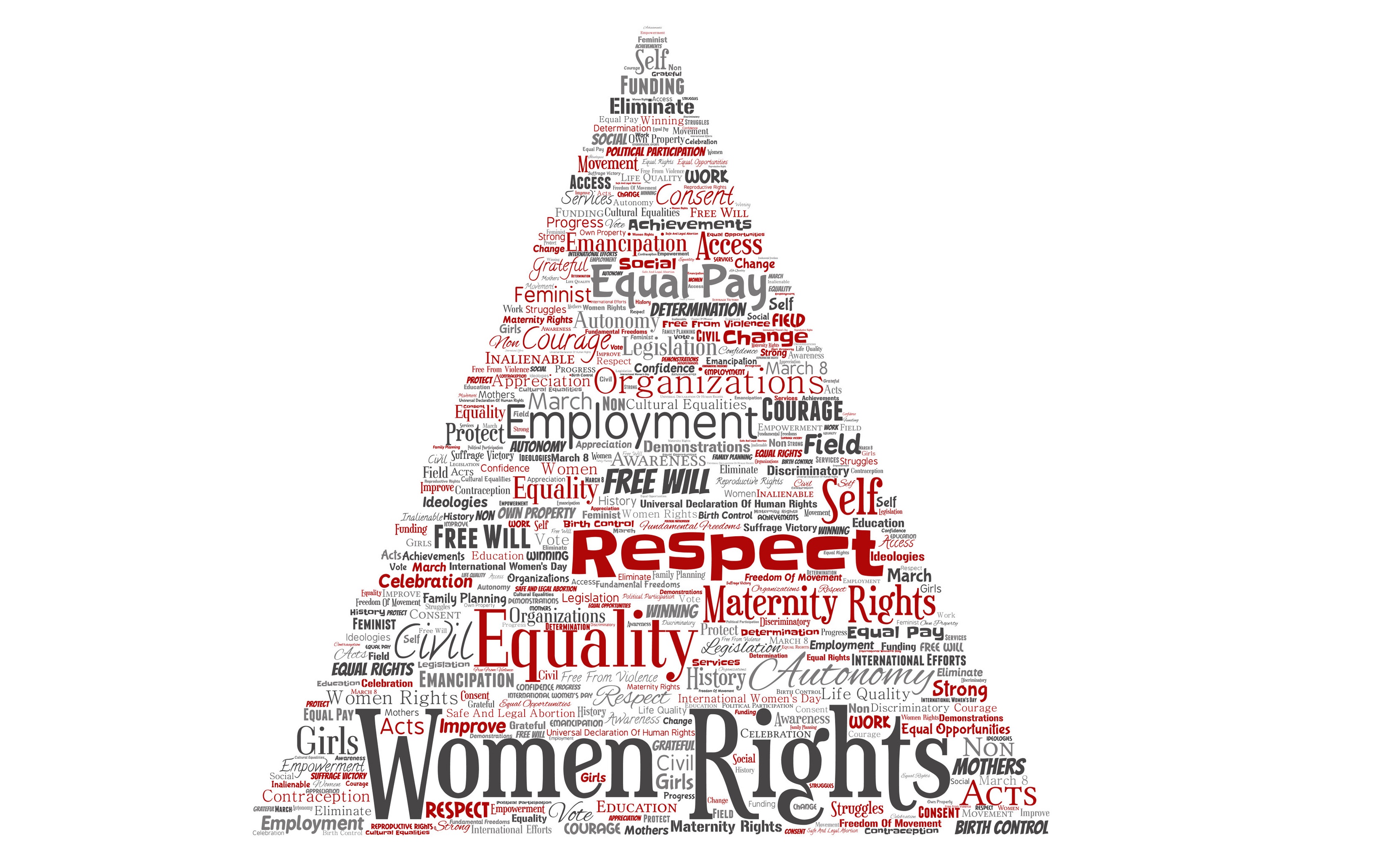Episode Transcript
[00:00:01] Speaker A: The DRC and the United States are mooting a deal that should be beneficial for both countries.
But how does such a deal impact the geopolitical environment in the region?
What does it mean for China?
Which country stands to benefit the most from the proposed deal?
Hello and welcome to Deep Insights. I am Rachelle Buerta, and in this episode, Mining Review Africa Editor in Chief Gerard Peter unpacks the DRC US deal with Zapp Hartwanger of Open Mineral.
Let's join the discussion.
[00:00:43] Speaker B: Zach, thank you for joining us on Deep Insights today. So let's get straight into the conversation. You know, the US has been making waves to, throughout the world.
Talks of tariffs, peace talks between warring nations, etc. So why is the US so intent on a minerals deal with the DRC?
[00:01:05] Speaker C: Deird, thank you for having me on. Really appreciate the time.
So to answer your question, the US has been pursuing the mineral deal in the DRC for a number of reasons. The first one is for, for securing critical minerals.
The US kind of wants to procure their own supply chains against or countering the Chinese dominance.
So I think that's, that's the dominant reason for the, for the move.
[00:01:41] Speaker B: Okay. Now, you know, you know, the current situation in the DRC is not as bad as when we spoke a few months ago for an article in Mining Review Africa.
There's been talks between the M23 rebels and the DRC governments.
So is such a deal still necessary for the drc?
[00:02:11] Speaker C: So that's a good question. I think that's kind of twofold. I think looking at the, at from the DRC's perspective, it can be split into kind of the, the political environment on the ground and the conflict between both, both Rwanda and, and drc. Yeah. Which of course, you know, there's a lot of suffering and pain going on there, but there's also in, in parallel to that, there's, there's the commercial side.
And I think that, I mean, looking at the recent developments through the, through the cobalt and the banning of those of those, the mineral exports, I think that coming to commercial terms and having that sorted out has kind of taken the lead.
Whereas, of course, I think that peace within the region is still on the agenda, but I think the commercial terms are kind of taking precedence at the moment.
[00:03:16] Speaker B: Okay, now in your view, how do you think that this deal will be structured and which minerals are likely to be included in this deal?
[00:03:29] Speaker C: So when it comes to the deal structure, it seems pretty straightforward. The US will provide military support to kind of calm down the tensions between the two regions.
And to prevent the M23 rebels from extending their ground, particularly to the south of the country where there's abundant minerals, the minerals that would be covered in return would be cobalt. That's kind of vital for electric vehicles. And the DRC supplies around 70% of the cobalt to the rest of the world.
Lithium would be another element.
It's of course, essential for battery storages and renewable energies.
Then, looking at the more strategic fronts, that would be tantalum, which was used in the defense sector in the semiconductor industries.
And then lastly would be uranium, which is of course used for strategic importance, both from military applications to energy suppliants.
[00:04:42] Speaker B: Okay, now, Zach, the US has already agreed to a minerals deal with the Ukraine.
So why the need to then tap into the drc?
Are there differences in the minerals that are being required from both countries?
[00:05:03] Speaker C: Yes, exactly. So I do think that the development of the Ukraine deal leaves less of a reliance for the drc, and I think that's why we haven't seen a deal made already. So, I mean, since our last conversation.
Having said that, the mineralization is pretty different.
For instance, there's not that much cobalt in Ukraine, which I think, as we mentioned previously, the DRC supplies 70% of the world supply.
So that would be earmarked as a reason for this to move ahead in the near term still.
[00:05:48] Speaker B: Okay, now, Zach, I'm sure in your travels throughout the African continent, you come across a lot about the topic of beneficiation, but here we are talking about the US creating its own supply chain.
So what does this mean for beneficiation in the DRC and also the region as a whole?
[00:06:14] Speaker C: So that, I think, is a great point that you raised there. You know, I think for this, for the. For the DRC to receive maximum benefits of this, of the steel. I mean, yes, they have the military aid from the US but in terms of the mineral beneficiation, that should be all done onshore.
So at the moment, the majority of the minerals are exported, 90% of which goes to the U.S. sorry, to China, where it's processed and then distributed throughout the world.
In this case, the DRC should look to have that mineralization and the beneficiation done onshore, which would lead to more economic benefits, job creation, upskilling of the staff, which would ultimately be a big upside for the DRC in this agreement.
[00:07:09] Speaker B: Okay, but is that a realistic vision? I mean, the US is in need of these minerals. So do you see a lot of sort of offtake agreements being signed and Then these minerals then being beneficiated in.
[00:07:26] Speaker C: The U.S.
well, I think that's what the U.S. would be pushing for with the America first policy and the Trump agenda.
That's kind of what they're looking for.
They definitely will be losing a lot of control and quality control if the minerals were to be beneficated in country.
However, I mean, I think it's really crucial that the DRC makes that or keeps that front of mind in these negotiations.
Really the upside to the country is that an application in country 4 DRC.
[00:08:07] Speaker B: Absolutely. Now we've touched on China and no doubt it has the monopoly in DRC mining.
So what does the US DRC deal mean for China's involvement in the drc?
[00:08:26] Speaker C: So I mean, it would definitely increase the, the tension between, between both the US and China.
From, from China's perspective, you know, we would likely see them trying to tighten up on the existing agreements. Perhaps looking at other countries within Africa to, to meet, to meet the, the shortfall of supply that they're going to be getting of the raw materials.
And yeah, potential. I mean that could be seen as a potential retaliation to say, look, drc, if you guys are going to be collaborating now with the US and interrupting our trade flows, you know, we're going to be more strict, probably tighten the flows of investment coming to the country and probably like readjust the whole investment thesis that they've been doing over the past few decades.
[00:09:19] Speaker B: Now, Zach, China already has a strong presence in the drc.
So why didn't the DRC reach out to China to create a similar deal?
Is there a reason behind this?
[00:09:34] Speaker C: Yeah, so I think looking back over history, China's involvement in Africa around these mineral deals has been very much driven by a commercial basis.
They kind of want to create a situation where it's a win win for all parties. Whereas China, the US likes to bring their power and influence and also have some form of control over a political environment.
So I think that this kind of deal is far more suited to the us Whereas China's involvement would be seen as more commercially driven.
[00:10:18] Speaker B: Okay, following up from then. So what would be the geopolitical impact on the region, not just the drc, but also in neighboring countries as well.
[00:10:33] Speaker C: So I think overall there would be supply chain vulnerability.
You now have these mines and resources that are being extracted, but now it'll be through various parties.
So, so those materials would be going to different parts of the world which would then lead to disruptions further, further down the supply chains.
I think that there will be kind of strategic competition enhanced in in country.
The US as we sorry China dominance would be, would be jeopardized. And yeah, I think that that could lead to further conflicts and I think that that would further interfere with the Chinese US Trade war that we're seeing evolve daily.
[00:11:29] Speaker B: Right.
One final question, Zach. Now you know the talk of this sort of agreement has been going on for a few months now. The US has already secured a deal with the Ukraine. Do you envis deal been signed before the end of this year?
[00:11:50] Speaker C: So as we mentioned previously, I think the US Ukraine deal will lead to a delay in this because the urgency of it from the US Perspective is not as urgent as it was previously because as we mentioned, they will be getting not necessarily all of the resources, but a number of them being rare earths for one.
So I think the urgency from the US Side has definitely started or has definitely lessened from the environment on the ground.
There's been subsequent meetings of the presidencies and of the local governments.
So although the tension and the war is still continuing, there definitely seems to be light at the end of the tunnel.
So the urgency since we last spoke has definitely subsided somewhat, but I think the interests are still both aligned from both parties.
So I think it might not be in the next 90 days like we're seeing in other regions, but I think before the end of the year there will be some form of mineral deal in place between the two countries.
[00:13:08] Speaker B: Okay.
Well, Zach Hartfanger of Open Mineral, thank you for joining us on Deep Insights today.
[00:13:15] Speaker C: Thank you very much for the time and the opportunity. I appreciate it.
[00:13:19] Speaker B: Great stuff.
[00:13:21] Speaker A: Thank you for listening to Deep Insights. Remember to subscribe to this podcast which is available on all major podcast platforms. Also, for the latest news and insights, visit mining review.com until next time. Goodbye.


